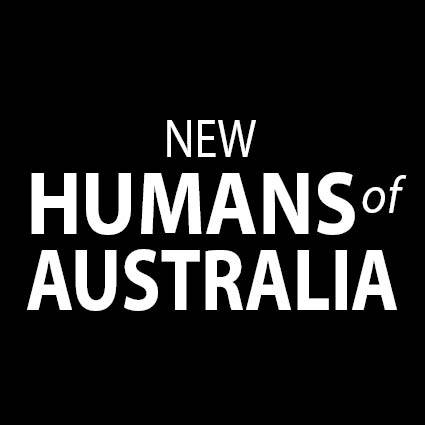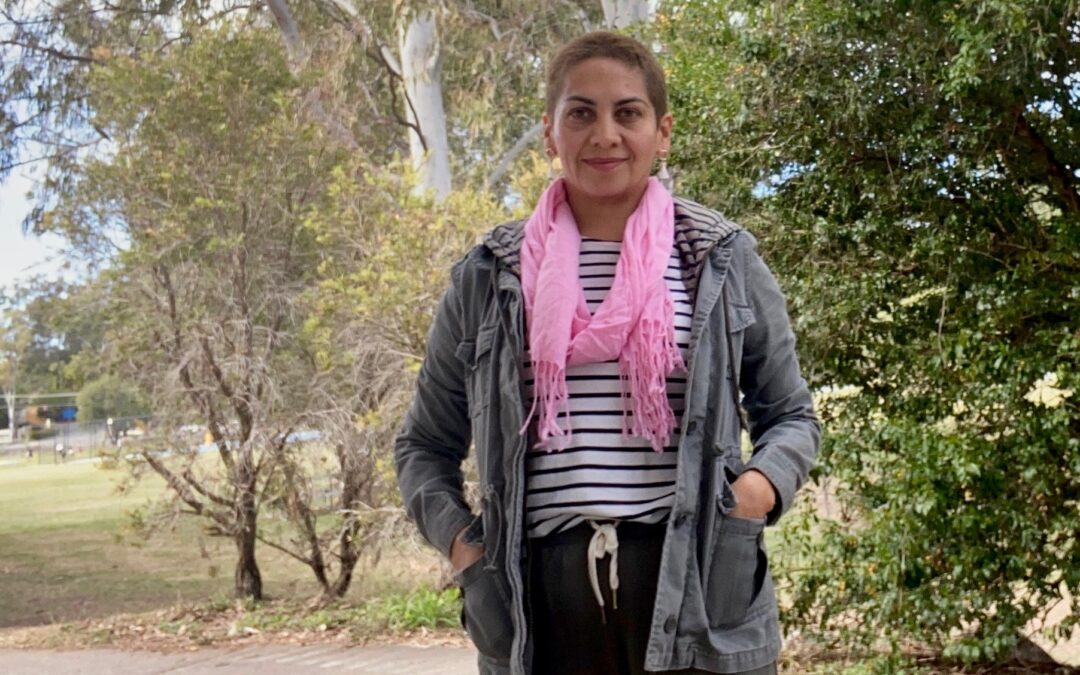When I was a child in El Salvador, there were often helicopters firing bullets from the sky. I remember sometimes my parents would make us get up in the middle of the night, crawl on the floor and put mattresses up against the walls. Then we had to try to sleep under the beds. And the next day, we still had to get up and go to school! Sometimes, on the way, we would see some dead bodies, which after a while, as a kid, you got used to. At that time, I was 11, and my brother was 12, the age that boys were being kidnapped by the guerillas. That worried my parents.
Mum wanted to leave earlier but Dad couldn't fathom the thought of possibly never seeing his brothers and sisters again. Still, in the end, he agreed. It just wasn’t safe on the streets anymore. We would be constantly stopped in traffic, either by the army or the guerillas searching for enemies, and sometimes they would set cars on fire. My parents had their own take-away restaurants, and it got to the point where they were having to leave home at 4 am and not getting back until 9 pm. Eventually, it wasn’t viable for them to even open anymore.
Finally, we applied to come to Australia as refugees, and were quickly accepted. Mum tells me she found it so difficult to pack our whole life into 10 suitcases. Apart from clothes, she brought her wedding gifts, including plates and cups, and even a tablecloth, because she felt a tablecloth was essential!
When we arrived at the airport in Brisbane, we were met by a lovely Spanish speaking social worker, who said to us, ‘Right, on Monday, you're starting school!’ So my brother and I turned up to the school at East Brisbane, where we found we were the only ones who couldn’t speak English. At first, we were absolutely lost, but the school was so beautiful that they put on an ESL teacher just for us. I remember everyone was welcoming, and some of those boys and girls are still my friends today.
My parents started doing volunteer work because they thought the only way they were going to integrate into society and learn the language was by mixing with the locals. So a church helped my mum to find volunteer work at the Red Cross, and Dad did garden work in people's homes. After 3 months, they both got jobs. Mum looked after an elderly man who taught her lots of English. And Dad did gardening jobs and cleaning.
Of course, it wasn’t always easy. We struggled a bit on special occasions like Christmas and New Years’, sitting there looking at each other and thinking, ‘What is this?’ You know, we had this massive supportive family before, and all of a sudden, there was just five of us sitting together at a table in an apartment.
But we had so much to be thankful for. Firstly, we never felt rejected by anyone at any time. And everyone we met offered us something, from giving us furniture to teaching us English. There was even a lady who taught us how to sew. We just felt that we'd been received with open arms, and that Australia was a haven for us.
My parents always said that coming here was a second opportunity that we’d been given, so we needed to make the most of it. As a result, we all worked hard. My older brother is now an acting deputy at a private school, my younger brother works in marketing, and my parents have quite a successful cleaning business where they usually employ 15 to 20 people. I teach Spanish at Indooroopilly State High School. I also volunteer, tutoring young refugees who have just come out of Nauru and are getting ready to go to high school. It feels good to give back in this way.
I'm a really proud refugee and I love telling my story, because if somebody like my family has come from having nothing in Australia – no language, no money, no house – and we've made it this far, I think anybody can do it.
Fatima
El Salvador
Arrived 1990
Help bring migrant stories into the spotlight by supporting New Humans of Australia: www.patreon.com/newhumansofaustralia
#refugees #refugeescontribute #ElSalvador #Brisbane #Australia #newhumansofaustralia #storiesnotstereotypes



